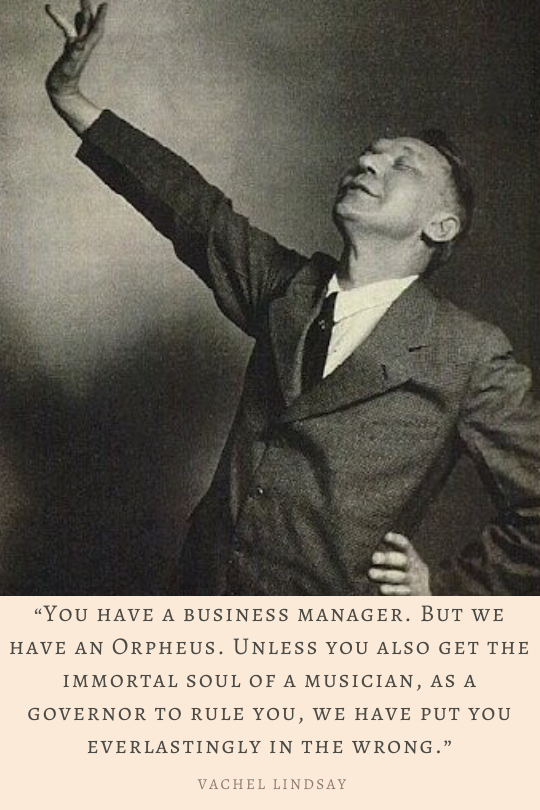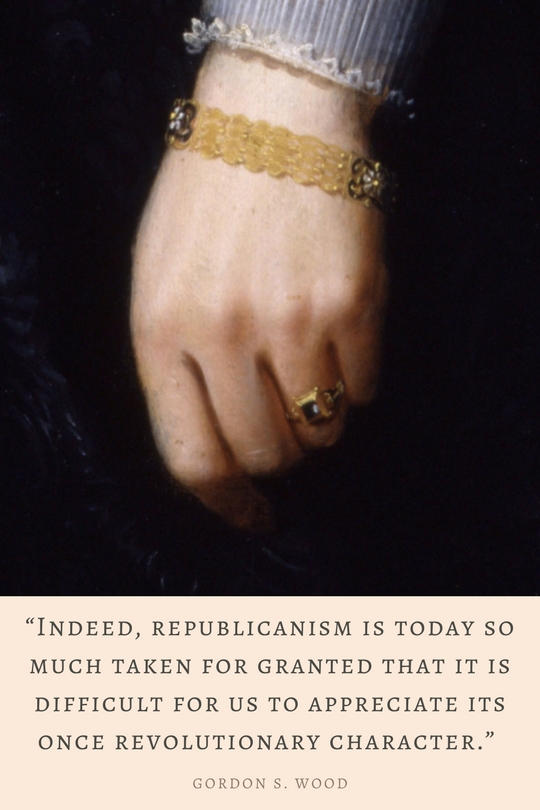Goetia and Witchcraft: Origin of the “Witch” and Magic
The term “Witch” in old Anglo-Saxon glossaries is tied to wicce, meaning “pythoness, divinatricem.” As in this, and in early forms, it referred to specific kinds of magical craft. In the Laws of Ælfred (c.890), wicce is seen as the craft of women — “wise (skilled) women in the art of magic”; and in the old German, wiccan (a verb), meant “to practice witchcraft.” Wicca by the time of the “Three Kings of Cologne” (c. 1400), was translated, (Gr.) “magi.”
Reginald Scot (c. 16th century), a Member of Parliament, and writer of “The Discoverie of Witchcraft” (1584), in his book stated, that in the English tongue, to call a woman a witch, meant she was a wise woman (see Eight Myths and Misconceptions about Witchcraft during the Medieval Period and Inquisition). Wise, as to being skilled or “adept in the secrets” of Magic.
THEORETICAL SIDE OF MAGIC
“Magike” (Gr) in the late 14c., meant the “art of influencing events and producing marvels using hidden natural forces.” One who performed magike was a magos of the priestly class. In early Christian history, magic is inseparable from the religion, as it was amongst the oldest of nations. By certain practices, the inner god of man was said to show, through its natural power to command the service of the “gods,” or the potencies of Nature. The Witch drew their power of command from a practical knowledge of Potencies, of the mutual sympathy of nature, and its connection with the elements and their correlations to man’s constitution.
Magic is the power of communicating with these supermundane potencies, among other things.
“They,” said Iamblichus, “through the sacerdotal theurgy announce that they are able to ascend to more elevated and universal Essences, and to those that are established above fate, viz., to god and the demiurgus: neither employing matter, nor assuming any other things besides, except the observation of a sensible time,” (Thomas Taylor. 1821. Iamblichus on The Mysteries of the Egyptians, Chaldeans, and Assyrians).
He alludes to the lucidity required, and possessed by demi-gods. These are peculiar methods of thought, by which the subtle powers in man are brought into operation from their latency. If the witches, wizards, sorcerers of fantasy and lore mean anything culturally, we understand that magic is not one-dimensional.
The ancient theurgist philosophers, along with medieval mystics differentiated between theurgy and goēteia. The difference lies in the intent, and the results therefrom.
“Witchcraft was originally associated with spiritual practices but got a bad reputation at the hands of European and American orthodox Christians. Hence its present dictionary definition attributes to it “the exercise of supernatural powers” or “the use of sorcery or magic.” It is assumed that witches are in league with evil spirits or the Devil. However, the practice originally referred to priests (usually called “wizards” or “warlocks”) and priestesses (“witches”) of the old religion in Europe who discharged many functions in the community, such as farmers, doctors, or lawyers.” (Theosopedia, Witchcraft. online)
The term occult means in Latin, hidden, and therefore applies to both divine and terrestrial nature.
“We really think that the word ‘witchcraft’ ought, once and for all, to be understood in the sense which properly belongs to it. Witchcraft may be conscious or unconscious. Certain wicked and dangerous results may be obtained through the mesmeric powers of a so-called sorcerer, who misuses his potential fluid; or again they may be achieved through an easy access of malicious tricky ‘spirits’ (so much the worse if human) to the atmosphere surrounding a medium.” (Helena P. Blavatsky, Isis Unveiled, Vol. II, pg. 117-18 fn.)
“Putting aside the unfavorable associations of the word “witchcraft,” it is probably true to state that where the question of good or evil are concerned a lot hinges on the motives of the practitioners.” (Theosophical Encyclopedia)













I think it’s a good expanation of the concept – the exercise of power with an intent to harm or heal #PowerAmoral
LikeLiked by 1 person